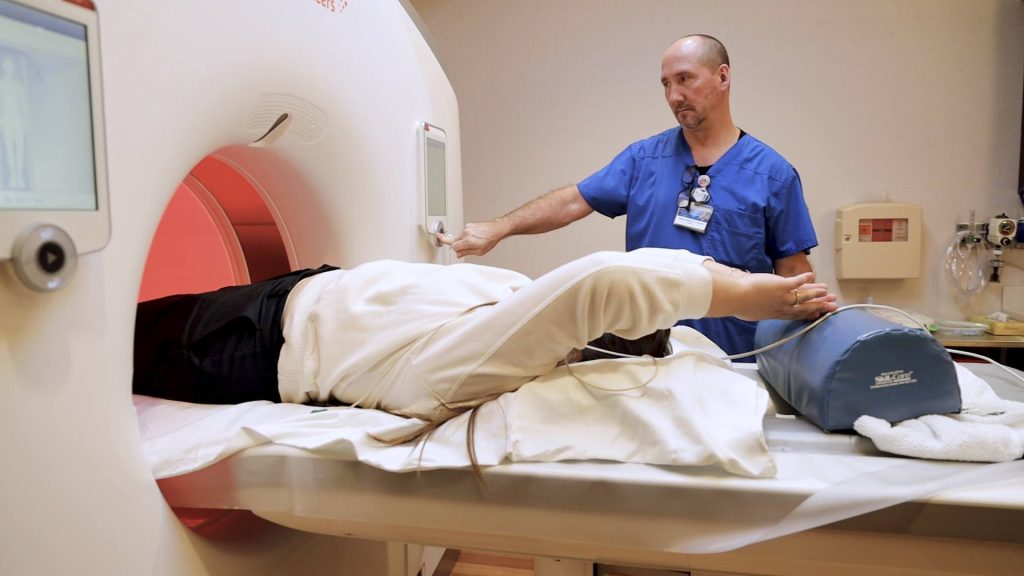-
Cardiovascular

DEAR MAYO CLINIC: I recently had a CAT scan of my chest as an evaluation for pneumonia. I didn’t have pneumonia, but I got an unexpected high calcium score in my coronary arteries. Does the calcium I eat affect this? I thought calcium was related to bone health? Now I’m being evaluated for my risk of heart disease and stroke. Should others in my family get their calcium score?
ANSWER: A coronary calcium scan is a risk assessment tool that helps your healthcare team recommend if measures are needed to lower your risk of coronary artery disease. The scan may show the presence of disease even before someone has symptoms, such as chest pain, shortness of breath and fatigue.
Calcium from the foods we eat or calcium supplements do not have a significant impact on coronary artery calcification.
A coronary calcium scan predicts your amount of atherosclerosis, which is cholesterol and other substances that build up and narrow your arteries and can potentially cause a blood clot. Calcium is present in this buildup, called coronary plaque. The more calcium you have in your coronary arteries, the more plaque you have. The more plaque, the higher your risk for coronary artery disease.
The coronary calcium scan starts with a CT scan of your chest that measures calcification in the arteries that feed your heart. It’s typically a one-time test that combines a series of X-ray images of your body. If calcification is found, we usually don’t repeat the test. If zero calcification is found, we would repeat the scan a few years later to see if the score changes.
Scores must be interpreted in the context of a person’s age and other individual risk factors. For the most part, when calcium gets in your arteries, it stays there; it doesn’t get removed. But by lowering your cholesterol level through diet or medications, the cholesterol gets removed and the plaque stabilizes.
Nowadays a calcium score can be derived from any chest CT scan, if no contrast dye is used. In your case, a chest CT scan for pneumonia also showed a high calcium score, even though that was not the initial intent of the test. I commend your healthcare team for using your calcium result to offer you follow-up assessment and possible treatment based on your risk of a heart attack or stroke.
Certain people do not need to get their calcium score. For example, for people who already take a cholesterol medication or who have had a stent or coronary artery bypass surgery, a calcium score is not needed. In those situations, they already are taking steps to reduce their risk.
People with a family history of heart disease may want to discuss a coronary calcium scan with their healthcare specialist. For example, if you have first-degree relatives who have had heart attacks, but your cholesterol is not high, a superficial risk assessment may say you’re at low risk. A calcium score is going to be able to evaluate risk more precisely and indicate if additional testing should be done. — Regis Fernandes, M.D., Cardiovascular Medicine, Mayo Clinic, Phoenix
